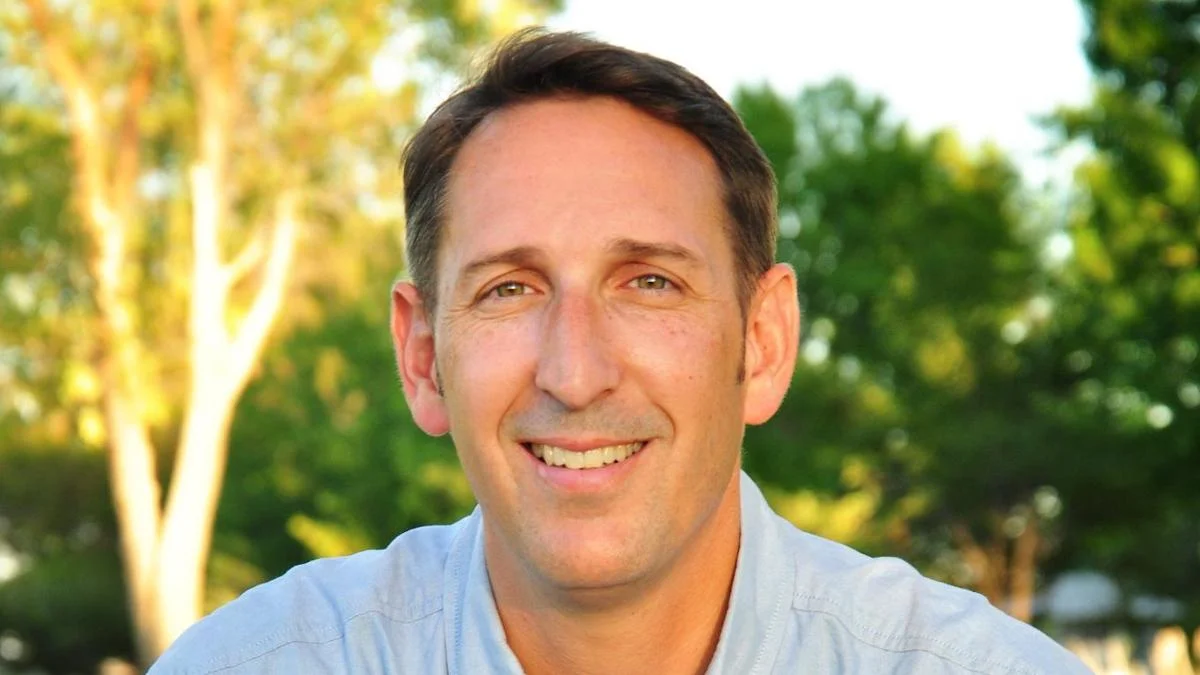Efforts to regulate third-party litigation funding (TPLF) in Nevada have gained significant attention, with recent legislative proposals and industry reports fueling a debate over transparency and fairness in the legal system.
TPLF is a practice where non-parties finance litigation in exchange for a share of the proceeds.
2News Nevada reported that a bill aimed at increasing transparency in TPLF was introduced in the Nevada Senate Judiciary Committee, with strong opposition from the Nevada Justice Association which contends that they industry is already heavily regulated.
SB 179 aimed to require the disclosure of TPLF contracts and tighten legal advertising standards, but it failed to advance during the session However, as no votes were taken by either the Senate or Assembly, and it did not receive further consideration during the legislative session. The lack of oversight has allowed foreign investors to exploit the U.S. legal system, despite defenders' claims that the system is sufficiently regulated.
The bill sought to mandate the disclosure of TPLF contracts and lawsuit advertising, addressing concerns that this multi-billion-dollar industry operates with little oversight and can lead to frivolous lawsuits. Proponents argue that the lack of transparency complicates legal proceedings and allows foreign financiers to exploit the U.S. legal system for strategic gains.
According to the Vegas Chamber’s End of Session Legislative Report issued in June, SB 179, sponsored by Senator Scott Hammond (R), aimed to enhance transparency in TPLF by requiring disclosure of funding mechanisms and funders, as well as establishing stricter advertising standards for legal services related to prescription drugs and medical devices in Nevada. The bill was supported by the Chamber, emphasizing the need for a fair and predictable legal environment.
In August, the Institute for Legal Reform issued a white paper focused on TPLF, highlighting the lack of oversight and transparency in TPLF, noting that courts and opposing parties often remain unaware of such arrangements. The paper challenged the notion that TPLF enhances access to justice, arguing that it mainly benefits funders while potentially harming plaintiffs. It also explores concerns about foreign interests exploiting TPLF for financial or strategic gains. Additionally, the paper emphasizes growing judicial and legislative attention on the issue, with increasing calls for transparency and reform to protect the civil justice system from abuse.
The U.S. Chamber of Commerce published a report in June that shows TPLF allows financiers, such as hedge funds, to invest in lawsuits in exchange for a portion of any settlement or judgment. Originating in Australia and expanding globally, TPLF has grown into a multi-billion-dollar industry, with an estimated $15.2 billion in commercial litigation investments in the U.S. alone. Funders typically advance money to plaintiffs or law firms on a non-recourse basis, meaning they only get paid if the case is successful. This practice can corrupt the legal system by prioritizing profit over justice, allowing funders to exert undue influence over litigation decisions. Additionally, a survey found that 69% of voters support requiring the disclosure of TPLF, highlighting a growing demand for transparency and safeguards to ensure fairness in the legal process.
According to a March article by Las Vegas Review, Uber is backing a proposal in Nevada to limit the percentage of fees attorneys can collect in civil cases, aiming to ensure plaintiffs receive a fair share of awards by capping attorneys' fees at 20%. The "Nevadans for Fair Recovery Act," filed with the Secretary of State’s Office, is supported by the Retail Association of Nevada and the Nevada Trucking Association. Uber lobbyist Harry Hartfield claims the petition will bring "common sense reforms" and lower costs for Nevadans by reducing the financial advantage of high-spending lawyers. Critics, including Nevada Justice Association President Jason Mills, argue the proposal protects corporate interests and may hinder Nevadans' access to competent legal representation. Currently, there is no cap on attorneys' contingency fees in most cases, which proponents argue improves access to legal services for those unable to afford hourly rates.
The measure requires over 102,000 valid signatures to advance and must be approved by the Legislature or appear on the ballot if rejected or not acted upon within 40 days. If enacted, the law would apply to legal actions from January 1, 2027.


